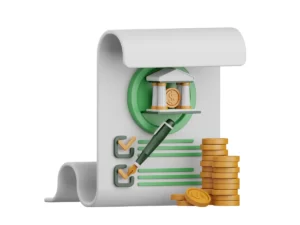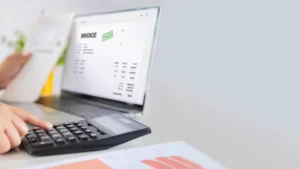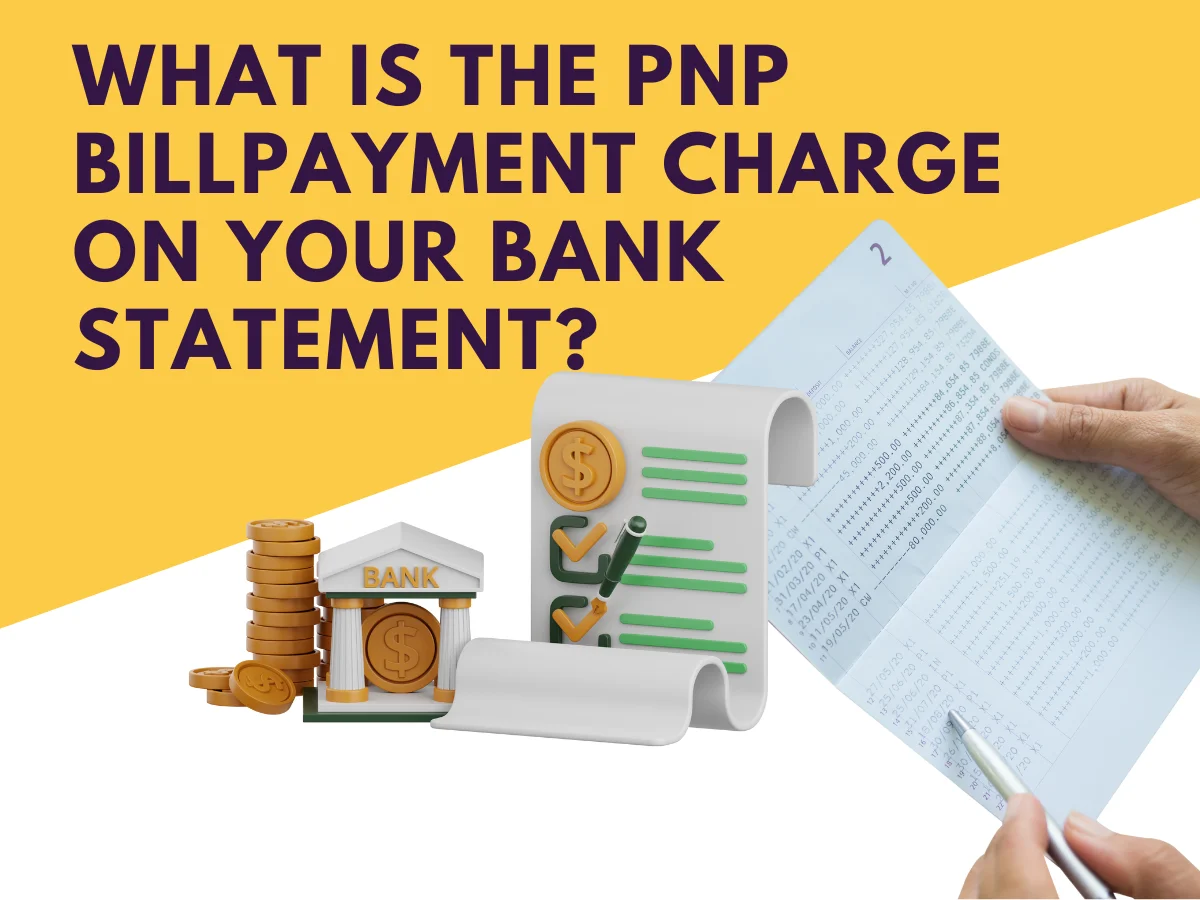In the labyrinthine world of digital transactions, deciphering the enigmatic entries on our bank statements can feel like cracking a cryptic code. One such mystery that often leaves individuals perplexed is the “PNP BILL PAYMENT” charge. This seemingly innocuous label can trigger a flurry of questions: What does it mean? Why is it on my statement? Is it legitimate? This comprehensive guide aims to be your compass through this financial fog, unraveling the enigma of the pnp billpayment charge.
We’ll delve into its origins, explore its diverse applications, and equip you with the knowledge to navigate its implications in your financial landscape.
What is PNP BillPayment?
The PNP BillPayment charge is an indicator that funds have traversed the digital highway via the Plug’n Pay system. Imagine Plug’n Pay as a secure bridge connecting you, the payer, to the payee, typically a business or municipality. This online payment system facilitates seamless and secure transactions, allowing you to settle bills, fees, and more with ease.
The Power of Plug’n Pay: A Versatile Payment Platform
Plug’n Pay is more than just a gateway for processing payments; it’s a testament to the efficiency and security of the digital age. With Plug’n Pay, you can:
- Settle your monthly bills: From rent and utilities to phone and cable, Plug’n Pay simplifies managing your recurring expenses.
- Pay government fees: Submitting license renewal fees, property taxes, and other government dues becomes a breeze.
- Cover service charges: Fees associated with permits, licenses, and other services can be conveniently paid through Plug’n Pay.
- Make donations: Supporting your favorite charities or causes becomes a seamless process with Plug’n Pay.
Decoding the Charge: What Do You See on Your Statement?
The PNP BILL PAYMENT charge on your statement signifies a payment processed through the Plug’n Pay system. However, the specific details of the charge depend on the context of the transaction. It could represent:

- Your rent payment: Your landlord might utilize Plug’n Pay to receive rent payments online.
- Your utility bill payment: Water, electricity, and gas bills can be conveniently paid through Plug’n Pay.
- Your parking ticket payment: Settling parking fines can be done efficiently through the Plug’n Pay system.
- Your city tax payment: Contributing to your local community through tax payments can be facilitated by Plug’n Pay.
What to Do If You Don’t Recognize a Charge?
While the PNP BILLPAYMENT charge often indicates legitimate transactions, vigilance is crucial in today’s digital world. If you encounter an unfamiliar charge, don’t panic. Here’s what you can do:
- Review your records: Compare the charge amount and date with your recent transactions.
- Contact the payee: Check with the business or municipality you believe you paid to verify the transaction.
- Contact your bank or credit card company: Inform them about the unrecognized charge and inquire about its details.
- Dispute the charge: If the charge remains unclear and suspicious, consider disputing it with your bank or credit card company for further investigation and potential resolution.
Empowering Yourself: Taking Control of Your Finances

Understanding the PNP BILL PAYMENT charge is a step towards financial literacy and empowered money management. Here are some additional tips to ensure your financial well-being:
- Monitor your statements regularly: This proactive approach allows you to identify any discrepancies or irregularities promptly.
- Enable online account access: Most banks and credit card companies offer online account access, allowing you to monitor transactions in real-time.
- Set up transaction alerts: Receive notifications for specific types of transactions, such as large purchases or international payments.
- Utilize budgeting tools: Take advantage of readily available budgeting apps and software to manage your finances effectively.
Can you help with a PNP BillPayment?
If you find yourself in a situation where you need assistance or clarification regarding a PNP BILL PAYMENT charge on your bank statement, help is readily available. Contact your bank or financial institution to gain insights into the transaction details. They can provide information about the legitimacy of the charge, ensuring that your financial records align accurately.
For instance, if the charge is associated with a municipal payment, like property taxes or utility bills, reaching out to the respective municipality’s customer service can offer further clarification. Prompt communication with the involved parties can swiftly resolve any uncertainties, reaffirming your confidence in managing digital transactions securely.
Conclusion
The PNP BILL PAYMENT charge, once a source of confusion, can now be a familiar symbol of secure and efficient online payments. By understanding its origins, applications, and potential implications, you can navigate the digital financial landscape with confidence and clarity. Remember, knowledge is power, and financial literacy empowers you to make informed decisions and manage your money effectively. So, embrace the digital world with a sense of security and control, one transaction at a time.
Read out What Is the OF London GB Charge on Your Bank Statement?
FAQ
What does bill pay mean on bank statement?
Bill pay on a bank statement refers to the automated payment of bills, such as utilities or services, directly from the account, often facilitated by the bank.
What are the PNP online payment options?
PNP online payment options include automated bill payments for various services like utilities and taxes. These options streamline financial transactions, offering convenience and timely settlement through digital platforms.
What is a PNP Bill Payment Credit card charge ?
A PNP BILL PAYMENT credit card charge typically signifies a secure online payment made through the Plug’n Pay system, facilitating transactions for various services such as utilities, taxes, and municipal expenses.
